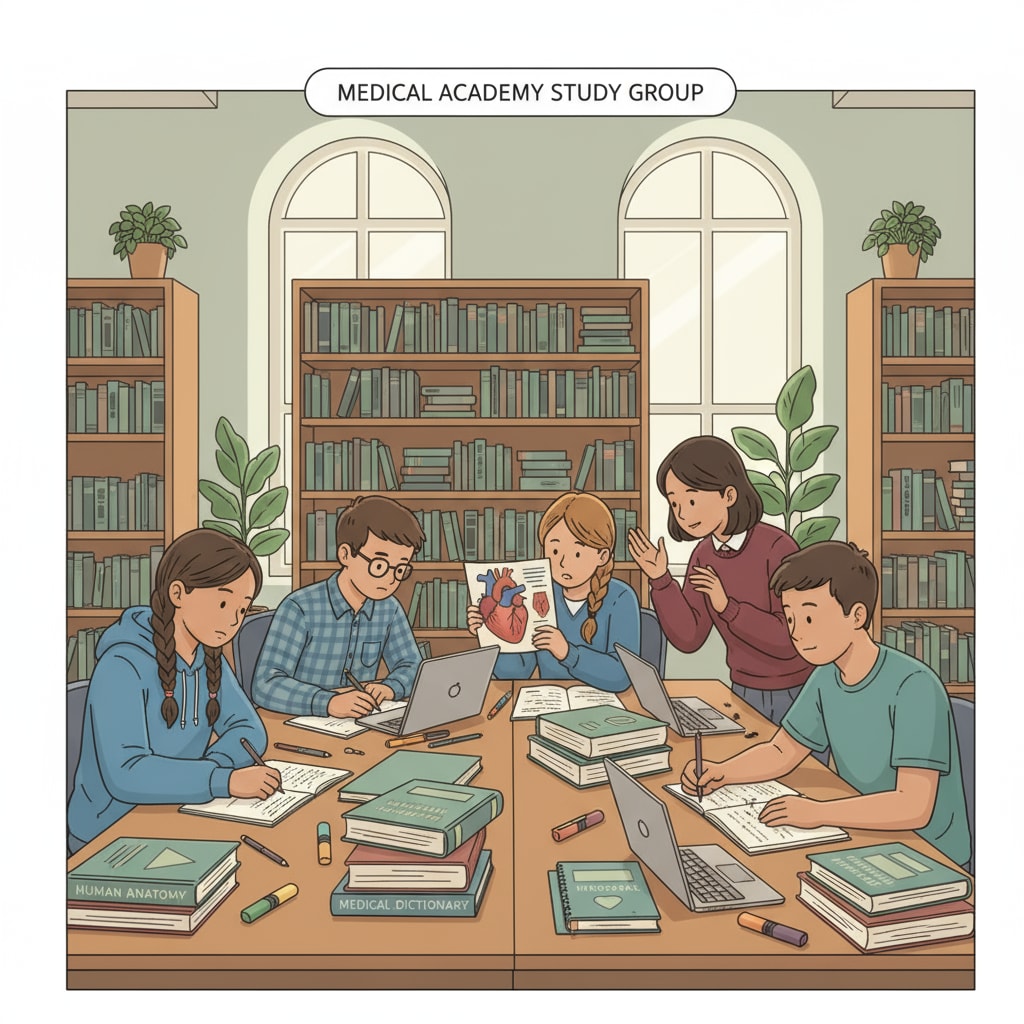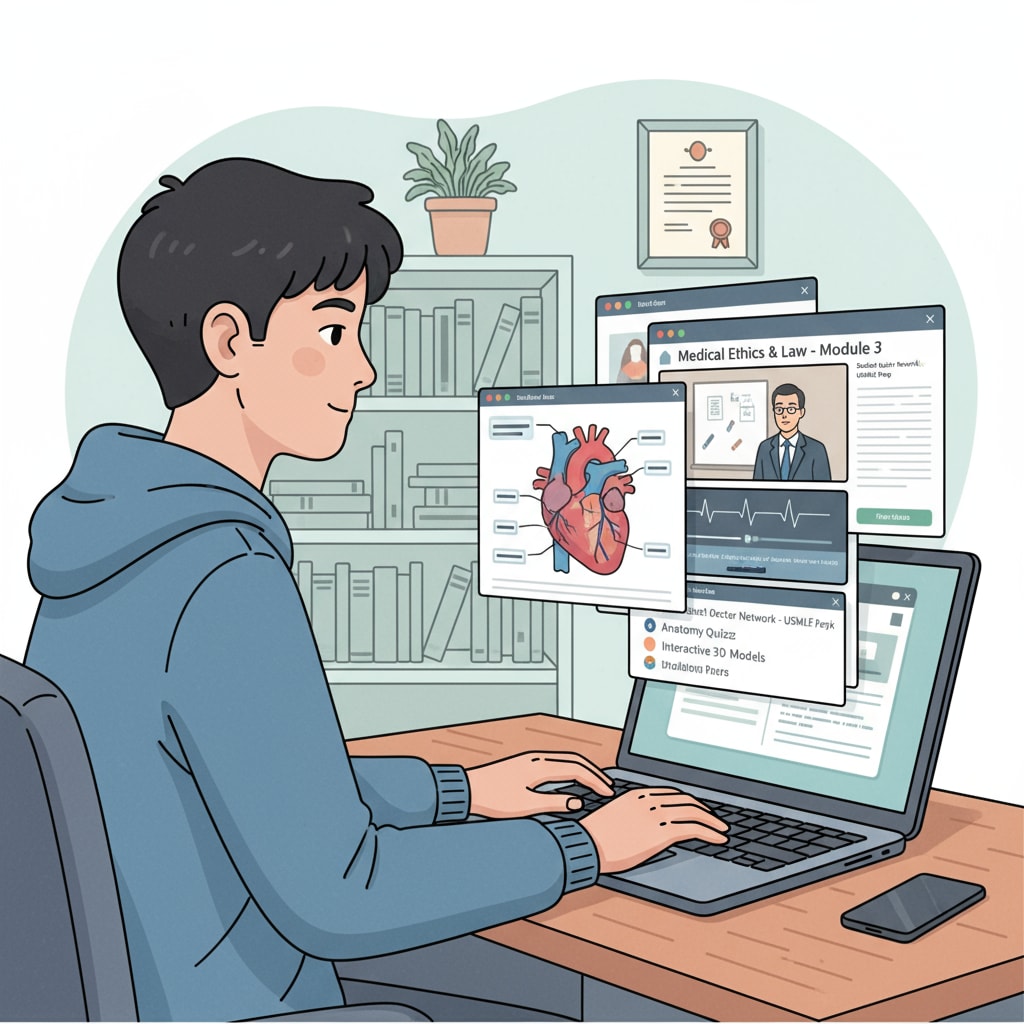Medical school applications can be a daunting journey filled with learning stress and knowledge gaps. For high school students with dreams of entering the medical field, these challenges can seem overwhelming. However, with the right approach, it’s possible to turn these obstacles into stepping stones.

Understanding the Learning Stress
The path to medical school is paved with a mountain of academic requirements. High school students often experience intense learning stress due to the vast amount of knowledge they need to master. The pressure to excel in multiple subjects, such as biology, chemistry, and physics, can be overwhelming. For example, according to the Association of American Medical Colleges, medical schools look for students with a strong foundation in these core sciences. This means students not only have to understand the concepts but also be able to apply them in various scenarios. As a result, many feel the weight of stress, which can sometimes lead to anxiety and a negative impact on their learning.
Bridging the Knowledge Gaps
Identifying and filling knowledge gaps is crucial for success in medical school applications. Often, students find themselves lacking in certain areas of the required curriculum. To address this, they can start by conducting a thorough self – assessment. Make a list of the topics where you feel less confident. Once identified, use resources like textbooks, online courses, and tutoring services. For instance, platforms like Khan Academy offer free educational materials on a wide range of scientific subjects. Additionally, forming study groups with classmates can be beneficial. By discussing difficult concepts together, students can gain different perspectives and fill in the gaps in their understanding.

Another aspect of bridging knowledge gaps is to stay updated with the latest medical research and developments. This not only helps in building a broader knowledge base but also shows your enthusiasm for the medical field during the application process.
Building Effective Learning Strategies
Adopting efficient learning strategies is essential to manage the workload and reduce stress. One effective strategy is time management. Create a detailed study schedule that allocates specific time slots for each subject. This helps in ensuring that all areas of study are covered evenly. In addition, use active learning techniques such as summarizing, note – taking, and teaching the concepts to others. These methods enhance understanding and retention. For example, teaching a difficult biology concept to a friend forces you to think deeply about the topic and clarify any misunderstandings.
Furthermore, make use of mnemonic devices and memory aids to remember complex medical terms and information. This can significantly improve recall during exams and assessments.
Maintaining Mental Health
Amidst the academic pressure, it’s vital to take care of your mental health. Learning stress can take a toll on your well – being if not managed properly. Engage in activities that you enjoy, such as sports, music, or art. These activities serve as a great stress reliever. Also, ensure you get enough sleep and maintain a balanced diet. A healthy body is better equipped to handle the mental stress of studying for medical school applications.
In conclusion, while medical school applications come with their fair share of learning stress and knowledge gaps, high school students can overcome these challenges. By understanding the stress, bridging the knowledge gaps, building effective learning strategies, and maintaining mental health, they can move closer to their medical dreams. With determination and the right approach, the journey from learning anxiety to achieving a place in medical school is entirely possible.
Readability guidance: Short paragraphs and lists are used to summarize key points. Each H2 section has a list – like structure. Passive voice and long sentences are kept to a minimum, and transition words are used throughout the article to enhance flow.


